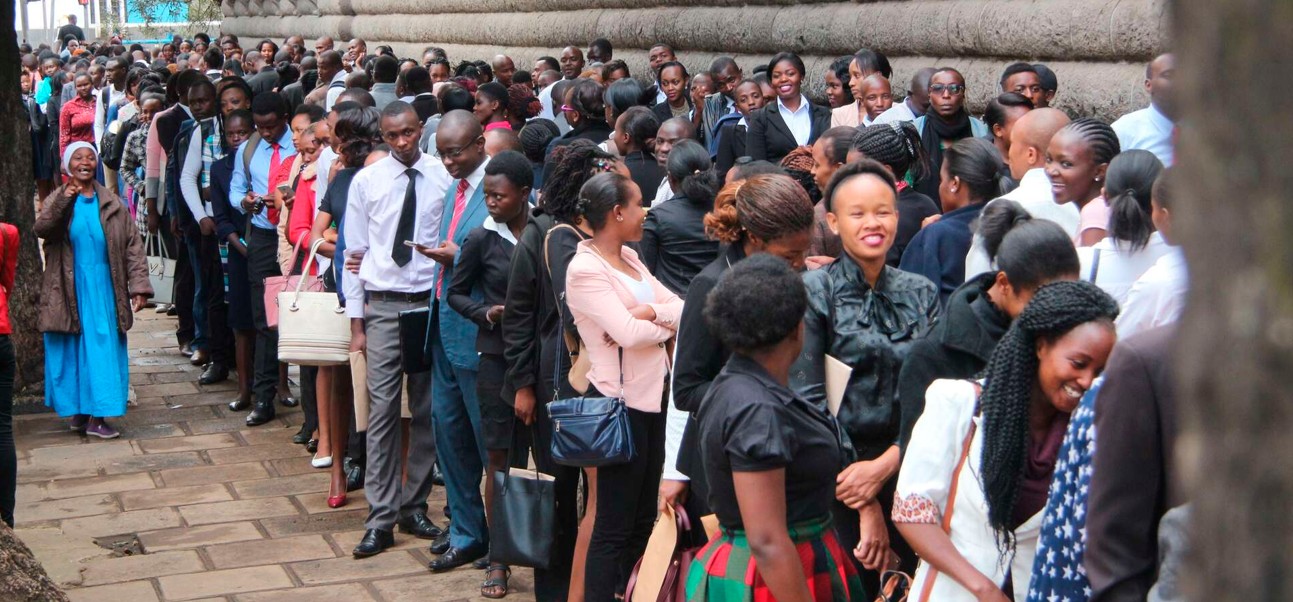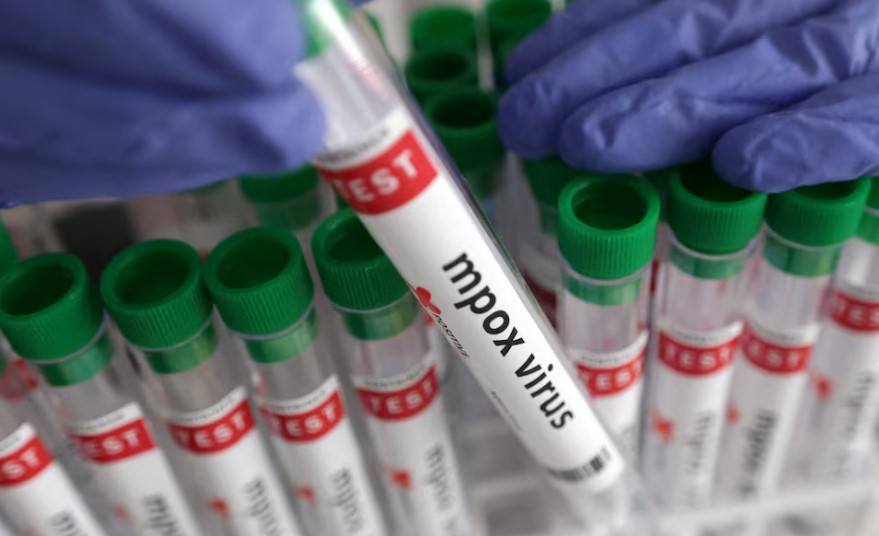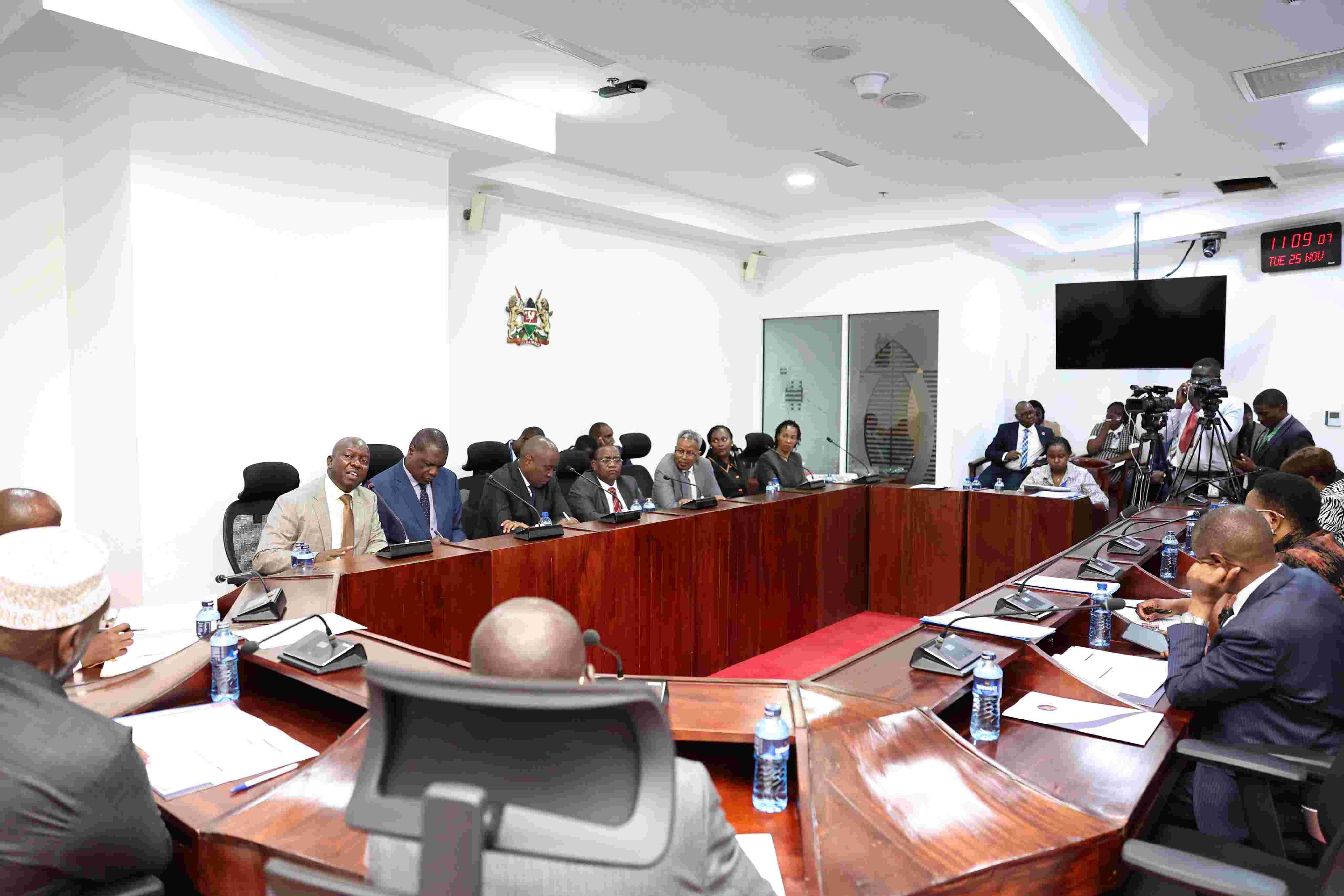NTSA's efforts to tackle drunk driving on Kenya's roads

Although there is no specific data on the number of lives lost through drunk driving, it has always been mentioned that alcohol is a huge contributing factor to road crashes
Drinking and driving is one of the hazardous road user behaviours identified by the National Transport and Safety Authority (NTSA) that causes accidents.
Although there is no specific data on the number of lives lost through drunk driving, it has always been mentioned that alcohol is a huge contributing factor to road crashes
More To Read
- Over 3,000 road crash deaths spur festive season safety crackdown
- Over 4,100 killed on Kenyan roads in 2025 as NTSA rolls out new safety measures
- NTSA launches road safety campaign to keep children safe as schools close
- Experts urge revocation of all driving licenses issued in past six years over rising road crash deaths
- NTSA under fire for negligence, lax enforcement after deadly road crashes
- Over 3,300 Kenyans killed in road crashes in first nine months of 2025, NTSA report reveals
Today, the NTSA reminds Kenyans of traffic rules designed to prevent drunk driving on the roads.
Last year, the authority with the Ministry of Transport proposed the Traffic (Drunk Driving) Rules, 2023 in an attempt to curb the vice which leads to fatal road crashes.
Road Safety and Safety Strategies Manager Samuel Musumba stated that the new rule will define drunk driving because the current law is vague about what constitutes being drunk.
“We want to quantify the amount of alcohol a person can take and drive. We will be defining how many bottles of beer or quantity of alcohol amount to being drunk and a crime if found driving, “he said.
The law defines “drunk driving” as driving under the influence. It refers to the act of driving or the act of operating or taking control of a motor vehicle after having consumed alcohol to a degree beyond the prescribed limit.
As highlighted in the Traffic (Drunk Driving) Rules, 2023, motorists caught under the influence shall face a fine not exceeding Sh100,000 or imprisonment for a term not exceeding two years or both. In addition, the driver's licence will be suspended for six months.
However, this applies to drivers of a public service vehicle, commercial service vehicle, or school transport service vehicle.
On the other hand, private vehicle drivers will face a six-month suspension should they have been convicted for traffic offences more than once a year.
"No person shall drive, attempt to drive, or be in charge of a motor vehicle on a road or other public place if the person has consumed alcohol in such quantity that the blood alcohol concentration in his body is beyond the prescribed limit," reads part of the draft law.
Alcohol tests
Under the proposed laws, NTSA wants to bring back the alcoblow on Kenya's roads.
Breathalysers were once in use, but in April 2017, the Court of Appeal banned their use in the prosecution of intoxicated drivers. The law that authorised the use of breathalysers was declared unlawful on Friday by Judges George Benedict Maina, Fatuma Sichale, and Festus Azangalala because it is incompatible with the Traffic Act.
However, the NTSA then declared that it would charge the drivers under a different portion of the law in light of the verdict.
NTSA at the time said they would apply Section 44(1) of the Traffic Act which outlaws anyone from driving a vehicle under the influence of alcohol or other substances.
With this proposed law, police officers are allowed to conduct a breathalyser test (alcoblow) should they suspect that a motorist is under the influence.
This includes cases of road crashes where the NTSA can use alcoblow to assess whether the driver can handle a vehicle.
No driver is allowed to handle a vehicle if they have consumed alcohol above 35 microgrammes per 100 millilitres of breath, 80 milligrammes of alcohol per 100 millilitres of blood and 107 milligrammes of alcohol per 100 millilitres of urine.
Through the Ministry of Transport in conjunction with the Kenya Bureau of Standards (KEBS), a device shall be approved to measure the proportion of alcohol in a person's blood from a specimen of breath provided by the person.
The officer, however, will be required to maintain proper hygiene when using the breathalyser by ensuring the use of a breathalyser straw for each motorist being tested.
Top Stories Today














































